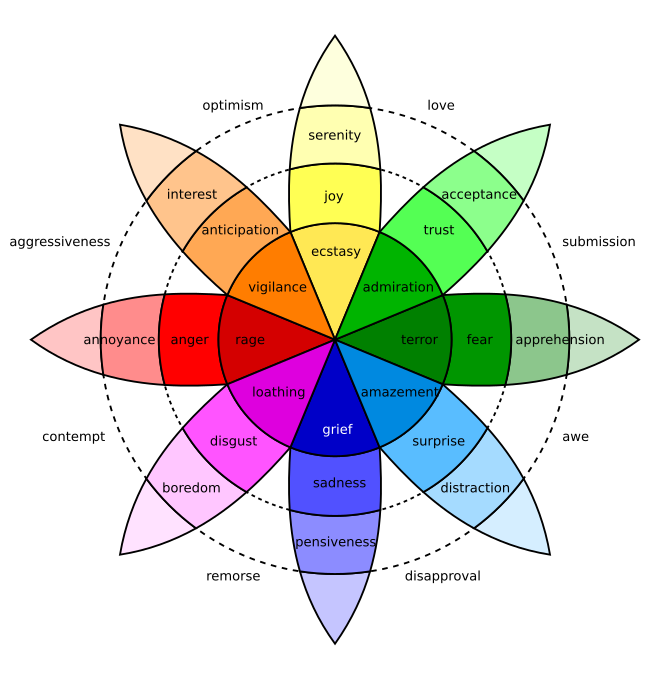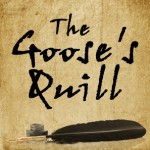Putting our characters under pressure is what we writers do. Their reactions to that pressure creates plot and pushes them to change. So I started thinking about how people react to pressure.
I react to stress in two distinct ways: 1) I clean/organize and/or 2) I buy stuff.
I must not have had a stressful childhood, judging by the massive mess that was my room back then. These days when I am feeling overwhelmed, scattered, and out-of-control, I tend to clean and/or organize things. Why? Because it gives me a sense of control and it gives me instant gratification. After making a messy desk clean, things feel much calmer—I’ve accomplished something!
I hate to shop, so #2 might surprise people who know me. I don’t buy stuff whenever I am under stress—it is particular to grief. When I have experienced grief, I find that I buy stuff—usually more expensive stuff. I do not mean out-of-control spending, but simply talking myself into buying something slightly more expensive than I normally would. I think the buying is my version of “comfort food”—an indulgence in a time of pain. The object I buy is also real, tangible. Something physical I can hold onto in a time of loss.
These are two very specific reactions to very particular stresses. They are particular to me. What specific stress reactions do your characters have? Do they whistle? Scream? Cry? Run away? Every one of your unique characters will react in their own way to the same stressor. This is another way you can differentiate your characters and add depth to them.
How do you react to stress? What unique stress tics have you given your characters?







The Rescuers: A message of worth
If you’ve had a preschooler, you know they go through obsessions. Foods, games, books, films—they will latch on to one until you are ready to scream, then move on to something else. My gal has been movie hopping—first it was Cinderella, then Peter Pan, then The Incredibles, and now it is Disney’s 1977 The Rescuers.
The interesting thing about seeing a movie a billion times in a row is that you see things you wouldn’t normally see in just a few viewings. This happened to me with Peter Pan, when I examined why I like Captain Hook as a villain. With The Rescuers, I suddenly caught a social angle I hadn’t seen before.
Cover of The Rescuers
In The Rescuers, two mice must go to rescue a kidnapped girl. The female mouse, Miss Bianca, is a member of the Rescue Aid Society, an international organization of mice that meets in the basement of the United Nations building and answers any calls for help that come its way. The male mouse, Bernard, is the janitor for this organization.
Every movie is a reflection of its time, and The Rescuers is no exception. Miss Bianca is an adventurous mouse who asks to be given the rescue mission—the first female agent to go on a mission. Every male agent wants to be her co-agent, but she chooses the timid janitor Bernard to accompany her. And this is where I noticed something odd.
We are all familiar with the trope of a character starting the story in a lowly position. Usually, this is accompanied by that character being treated badly and often feeling that they are less than everyone else in society. Then, after they save the world or what have you, at the end of the movie everyone loves them because they are heroes. In other words, being a good person wasn’t enough—they had to show the world “what’s in it for me.”
Disney does it differently. Bernard has clearly been the janitor for a long time. As all the delegates—the elite—enter the building, he is sweeping up. He greets them, and they all greet him, many by name. Never is he snubbed or “put in his place.” He speaks freely to the Chairman, so obviously he has never been told to be seen and not heard. And when Miss Bianca chooses him—over all the fawning male delegates—to accompany her, the company cheers for him.
Had this movie been made today, those cheers would have been boos. Disney has turned the trope on its head. The movie shows in very subtle ways that a man’s (or mouse’s) worth is not in what he can do for you, but in who he is at his core. Bernard does menial work, but he is respected by all the delegates—respected before he has done anything heroic. Respected for being a decent, hard-working mouse.
I think that’s a great message to send to kids. In this day and age, so much of the media message seems to be one of greed—of not asking if this person is a good person, but what that person can do for you. Of not measuring a person’s worth by the size of their heart, but by the size of their bank account.
Perhaps Bernard’s position of respect in spite of his menial job was also a sign of the times. A time when a person wasn’t judged by what you could get out of him, but by what was inside of him. I’d like to think that America is not gone. That we can get back to a time when we respected people for their work, instead of their paycheck. When you didn’t have to be a hero to be a somebody.
We’re all somebody—and our humanity alone is worthy of respect.